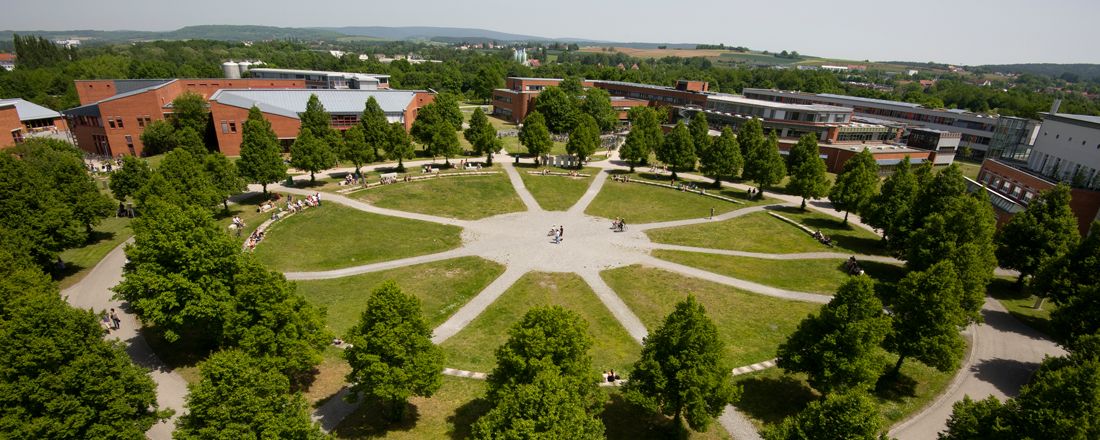Why Scientific Computing?
The recent decades saw the numerical simulation become an essential research tool in technology and sciences. Next to theory and experiment, it now constitutes the third pillar of scientific method. Numerical software is widely used to accelerate development cycles in industry and business: instead of time- and labour-consuming studies of product properties that utilize prototypes, the producs can be nowadays simulated and optimized using computers. Demands on the capabilities of numerical simulation continue to grow with the pressing need for more precise and comprehensive models, with the incorporation of new methodologies such as data science (e.g. Big Data), and stochastic models (i.e. those containing uncertain data). All these fields are encompassed in the young and forward-looking research area Scientific Computing.
Knowledge transfer
The field of Scientific Computing addresses the entire workflow: development and analysis of mathematical models, design and study of numerical methods and solution algorithms, statistical evaluation of results, optimization methods aiming to improve those results, implementation of numerical algorithms on high-performance computers, and the visualization. Traditionally, these topics belong to different disciplines, in particlular, application fields such as Physics, Chemistry, Biology, Geosciences, or Engineering; they extensively rely on the methodologies from Applied Mathematics and Computer Science. Only the emergence of Scientific Computing facilitated an effective transfer of knowledge between these areas.
Fundamental concept
The international master’s programme is geared towards students working at the intersection of Mathematics, Computer Science, and application fields. The programme's objective is to offer a specialized educational background that enables highly qualified, hard-working students to apply state-of-the-art methods and tools of Scientific Computing to solve challenging problems in modern technology and sciences. This interdisciplinary approach starts with an in-depth understanding of the mathematical core of the problem, provides a wide overview of modern numerical methods for solving differential and integral equations and analysing large amounts of data, and, finally, supplies practical skills and experience in the area of high-performance computing necessary to implement these solutions in the form of numerical software.
In doing so, the programme offers a focused education at the level of a mathematics student that is also attainable by interested students from other disciplines. To this end, special financial support and intensive supervision is provided, which can only be guaranteed within the framework of an elite degree programme, for which the state of Bavaria offers special funding. The contents taught are applied to interdisciplinary problems in modeling seminars. In these seminars problems are presented by well-known industrial partners, who also accompany the solution process. Very talented students can combine the master's programme with a fast-track doctorate.
Preparing for the programme
The focus of the programme is mainly the efficient numerical solution of partial differential equations. Successful applicants are therefore expected to have acquired sufficient background in the area of numerical methods during their preceding bachelor’s studies. In particular, we strongly recommend attending classes on ordinary differential equations, higher analysis, introductory and advanced Numerical Mathematics, and, optionally, numerical methods for differential equations. Students currently enrolled in a programme on computer science or engineering sciences at the university of Bayreuth should attend the lectures "Ingenieurmathematik I-III" and "Numerik für Ingenieure".
Some recommended preparatory material for the programme can be found here.


